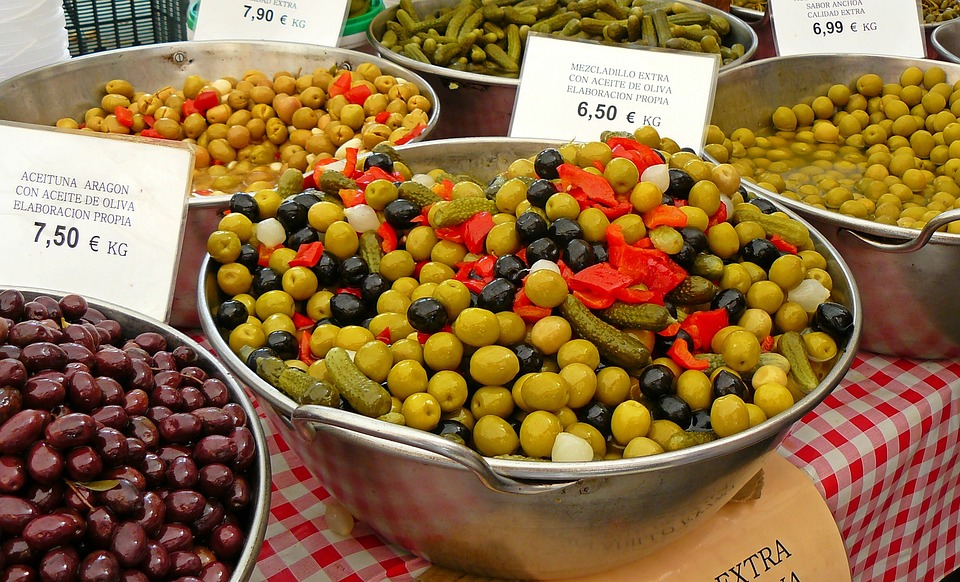Introduction
Javea, a beautiful coastal town located in the province of Alicante, Spain, is a hidden gem for beach lovers and culture enthusiasts. With its idyllic Mediterranean climate, stunning sun-kissed beaches, and vibrant local culture, Javea offers a perfect getaway for those seeking relaxation, adventure, and a taste of authentic Spanish life.
The Beaches of Javea
Javea boasts a breathtaking coastline that stretches for kilometers, gifting visitors with an impressive selection of beaches to choose from. Whether you prefer sandy or pebble beaches, crowded or secluded spots, Javea has it all.
Arenal Beach: Located in the heart of Javea, Arenal Beach is the most popular and lively beach in the area. With its golden sand, calm waters, and a wide variety of beachfront restaurants, cafes, and bars, Arenal is perfect for families and those looking to soak up the sun with a cocktail in hand.
Granadella Beach: Tucked away in a picturesque cove, Granadella Beach is known for its crystal clear turquoise waters and rugged beauty. Surrounded by stunning cliffs and pine forests, Granadella is a paradise for snorkelers, divers, and nature lovers seeking tranquility away from the bustling crowds.
La Grava Beach: Situated near Javea’s charming old town, La Grava Beach offers a mix of sand and pebbles, making it a favorite amongst locals and tourists alike. This beach is perfect for water sports enthusiasts, offering opportunities for kayaking, stand-up paddleboarding, and windsurfing.
Explore Javea’s Vibrant Culture
Javea is not only renowned for its picturesque beaches but also for its rich history and vibrant local culture. Take a stroll through the narrow streets of the old town, known as “El Pueblo,” and discover charming whitewashed houses, ancient churches, and bustling markets.
Historical Sites: Immerse yourself in Javea’s history by visiting sites like the San Bartolome Church and the Soler Blasco Archaeological and Ethnographic Museum. These landmarks provide insights into the town’s past and showcase its cultural heritage.
Festivals and Events: Javea comes alive with various festivals throughout the year, celebrating religious traditions, local customs, music, and gastronomy. Don’t miss the lively Moors and Christians Festival in July and the vibrant St. John’s Bonfires in June, both offering an opportunity to experience traditional dances, fireworks, and mouthwatering Spanish cuisine.
Gastronomy: Indulge in the flavors of Javea by sampling its delightful cuisine. Fresh seafood plays a starring role in the local dishes, with specialties such as paella, grilled sardines, and arroz a banda (rice cooked in fish broth) being must-tries. Visit the bustling restaurants and tapas bars along the beachfront or venture into the old town to discover hidden culinary gems.
FAQs
Q: How can I get to Javea?
A: Javea is easily accessible by both air and land. The nearest airports are Alicante and Valencia, with regular international flights. From there, you can rent a car or take a shuttle service to Javea.
Q: Are there accommodations available in Javea?
A: Yes, Javea offers a wide range of accommodations to suit all budgets and preferences. From luxury beachfront resorts to cozy apartments and holiday villas, you will find plenty of options to make your stay comfortable.
Q: What is the best time to visit Javea?
A: Javea enjoys a Mediterranean climate, with hot summers and mild winters. The peak tourist season is during the summer months, from June to September, when the beaches are at their busiest and the town bustling with activities. Spring and autumn also offer pleasant weather and somewhat lower crowds.
Q: Can I explore the surrounding areas from Javea?
A: Absolutely! Javea is ideally located for day trips to nearby attractions such as the Montgó Natural Park, the historic city of Denia, and the charming towns of Altea and Moraira. Renting a car or joining guided tours can be great options to explore the beauty of the Costa Blanca region.
Q: Is English widely spoken in Javea?
A: While Spanish is the official language in Javea, many locals in the tourism industry, as well as younger generations, speak English. You should have no problem communicating in English at hotels, restaurants, and tourist attractions.
